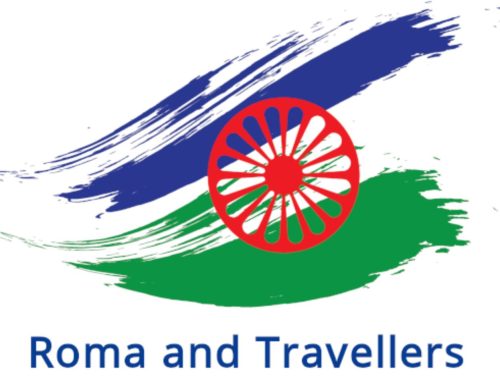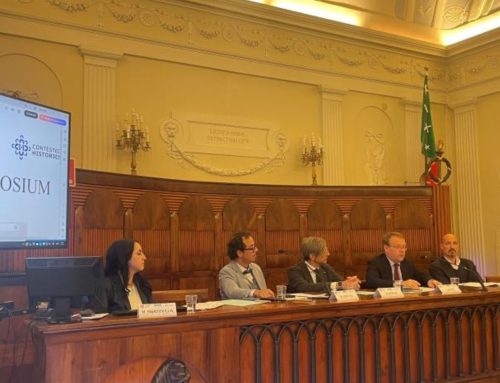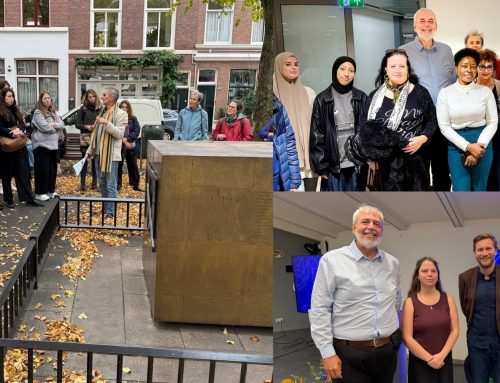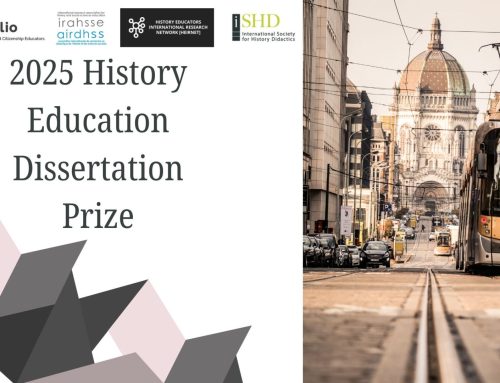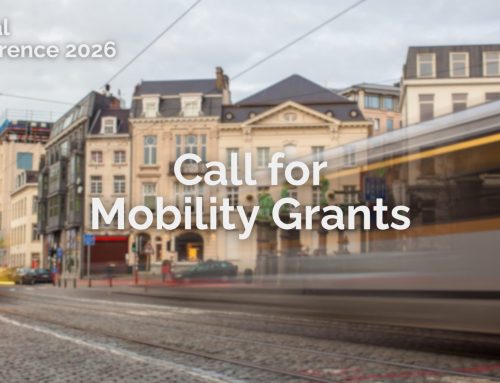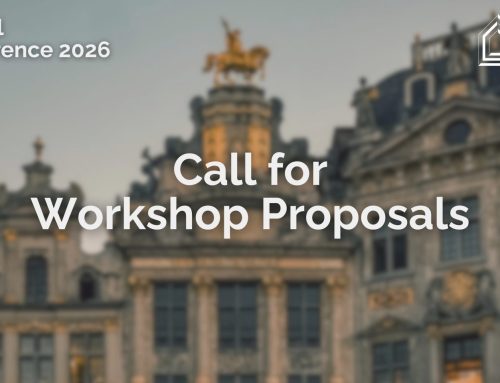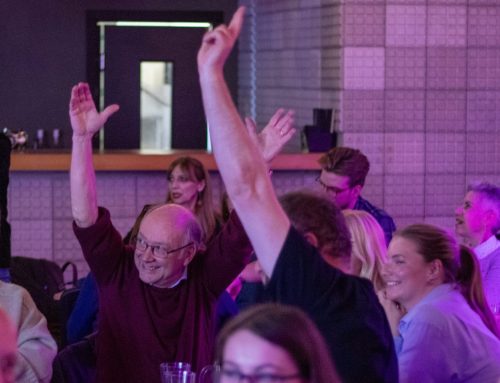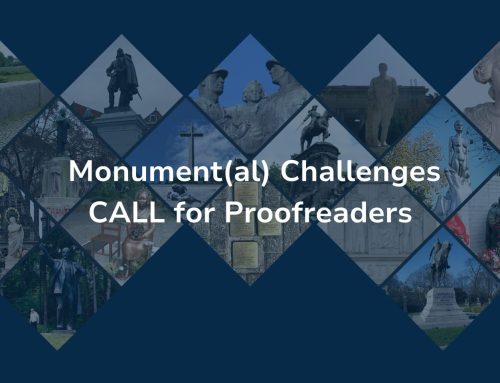The conference and workshop aimed to locate post-communist cultures of remembrance and investigate their place in the production and the reception of historical narratives of Europe. The conference addressed a series of questions, such as What is the potential of post-communist cultures of remembrance for resolving current tensions and conflicts? How can they be condensed into historical images and interpretive models? What is their use for political education and transnational mediation work? Which models, projects, and approaches already exist in these fields, and which new approaches to transnational engagement are desirable?
The conference programme included panel discussions with historians, policy makers and civil society representatives over the course of two days and continued with introducing the remaining participants to active methodologies such as bar camp method, design thinking which could be applied in organizing workshops around the conference theme. As a part of this, EuroClio was given an opportunity to choose a theme and pilot the bar camp method. During 45 minutes, 22 participants came together and shared their views on critical approaches to cultures of remembrance, barriers, opportunities and tools in gaining them. The event was a good platform for exchange and learning about activities and approaches of other institutes dealing with issues of remembrance.

